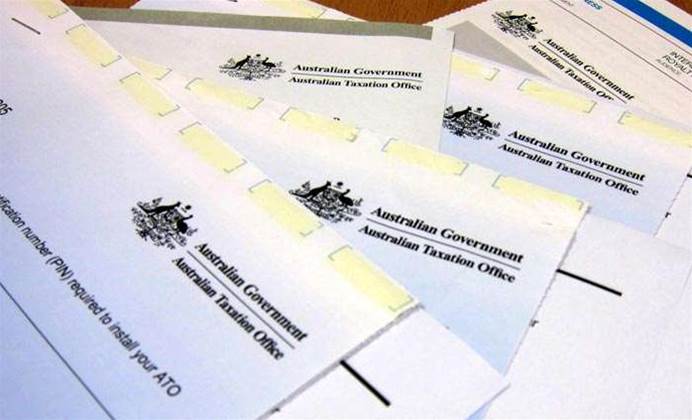A proposal by France to introduce new rules ensuring online giants such as Google and Amazon pay income tax appears to have failed in the face of United States opposition.

Global web companies have come under fire recently by European governments for structuring their finances to offshore their profits and avoid paying income tax in the countries they do the most business in. The Organisation for Economic Cooperation and Development (OECD) is working on a plan to change this.
But despite the criticism, United States officials are against proposals to link tax to collection of personal data and close loopholes that allow giant corporations like Google and Amazon to domicile themselves outside the markets in which they operate,according to the Guardian.
Instead, Washington wants existing taxation treaties to be modified, rather than introduce new statutes that specifically target how digital companies should be taxed.
The French proposals to the OECD come at a time of crumbling public finances in Europe due to faltering economies, as globalisation makes local businesses uncompetitive. France has indicated that it intends to fight for stricter taxation rules of internet companies.
Governments around the world are grappling with how to tax the internet economy, which some say represents unfair competition to local bricks and mortar businesses that have to follow existing rules and cannot shift profits around.
In New Zealand, Inland Revenue Department and Customs officials have floated a plan to abolish the current limit of NZ$400 under which online purchases do not attract goods and services tax (GST) of 15 per cent.
The proposal is supported by the country's retailers association but Customs minister Maurice Willamson said last week it would be virtually impossible to charge GST on online purchases, as it was impossible to track various digital payments systems and credit card usage.
MasterCard has come out against the proposals, which would see it collect tax on cardholder transactions. NZ country manager Alfred Naffah said online shoppers would quickly migrate to other platforms such as Paypal if the proposals went through.
Similar proposals in Australia to reduce or remove the AU$1000 threshold for online purchases before they attract GST have been vigorously promoted by retailers in the country but have so far failed to gain traction politically.



_(23).jpg&h=140&w=231&c=1&s=0)

_(20).jpg&h=140&w=231&c=1&s=0)





 iTnews Benchmark Awards 2026
iTnews Benchmark Awards 2026
 iTnews Executive Retreat - Security Leaders Edition
iTnews Executive Retreat - Security Leaders Edition
 iTnews Cloud Covered Breakfast Summit
iTnews Cloud Covered Breakfast Summit
 The 2026 iAwards
The 2026 iAwards












_(1).jpg&h=140&w=231&c=1&s=0)



